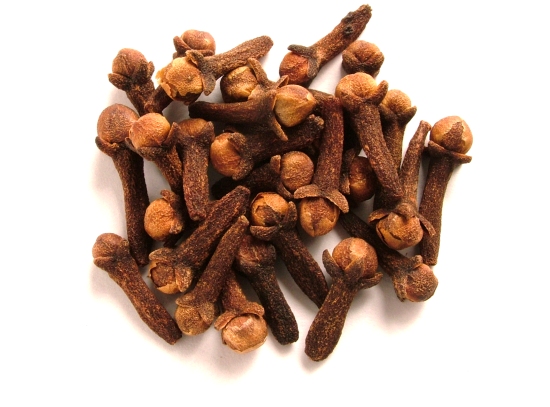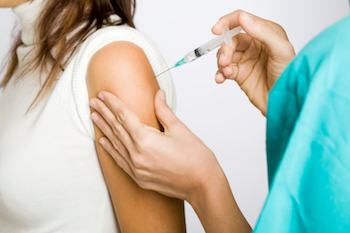Gonorrhea is the most common curable sexually transmitted infection (STI) caused by bacteria called Neisseria gonorrhoeae.
You can also refer gonorrhea as “the clap”.
It can cause infection to both men and women.
Mostly, young adults who undergo any type of sex can infect with gonorrhea.
The bacteria that cause gonorrhea can infect men and women differently depending upon the way you contracted the disease and how long you’ve had it for.
In men, it infects urethra where as in women it infects your vagina, uterus as well as fallopian tubes. It also infects your mouth, throat and anus.
Do You Exhibit Mild Symptoms Or No Symptoms?
Generally you can exhibit no gonorrhea symptoms or only few when infected with gonorrhea because it may not exhibit symptoms until the infection spread to other areas of your body [Diagnosing Gonorrhea].
Actually, half of the female gonorrhea sufferers experience no symptoms. However, men are much more likely to develop gonorrhea symptoms. Moreover, the first gonorrhea symptoms appear within 2-10 days after getting infection, but in rare cases, it nearly take 3-4 weeks to develop these gonorrhea symptoms.
But if gonorrhea symptoms appear, mostly they would be very mild. In some cases, you mistake the symptoms for a bladder or vaginal infection.
If you are a woman infected with gonorrhea, you will experience painful as well as burning sensation while urination, frequent urination and bleeding after sex. Especially, these symptoms are common in your early stages of infection of the cervix.
However, in the later, the gonorrhea symptoms would be anal itching, genital itching, fever, tiredness, vomiting, lower abdominal pain, irregular menstrual bleeding, painful sexual intercourse, swollen and painful glands at the opening of the vagina, abnormal vaginal discharge that is yellow or bloody.
If you are a man suffering from gonorrhea, you will experience infection of the urethra with pain when urinating, frequent urination, as well as swollen glands in the groin area.
In later stages, you also find abnormal discharge from the penis that is a white, green, or yellowish discharge from the tip of your penis. Thus, your penis will most likely look tender and redder than normally it is. Also, you experience anal itching.
Moreover, gonorrhea infects your anus. The gonorrhea symptoms of anus infection would be painful bowel movements, discharge, and bloody stool. Generally, oral infection gonorrhea symptoms would be a sore throat, and a pus-like substance on the tonsils or back of the throat.
However, the infections in these areas can transmit easily to other parts of your body. If you ignore the symptoms leaving the infection untreated, bacteria passes to several parts of your body.
In women, the bacteria pass from the cervix into your uterus, fallopian tubes and ovaries, thus causing pelvic inflammatory disease (PID), a serious medical condition resulting in ectopic pregnancy, pelvic abscesses, and infertility.
In men, gonorrhea infection can spread from the urethra to the prostate gland, seminal vesicles, Cowper’s glands, and the epididymis, which can result in sterility.
Therefore, it is highly recommended to consult your doctor as soon as you notice gonorrhea symptoms.





